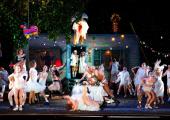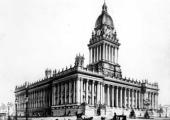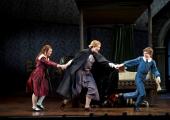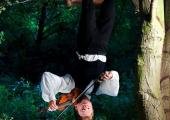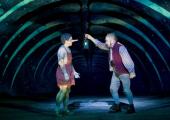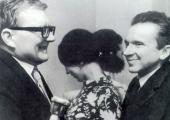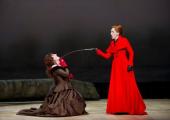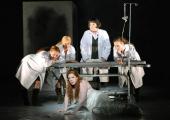The Portrait, Opera North
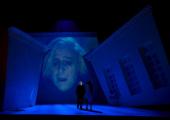
Pountney makes a thing of wonder out of a long-forgotten Russian opera
Based on a short story by Gogol, Alexander Medvedev’s libretto for Mieczysław Weinberg’s The Portrait was originally conceived for Shostakovich. It was subsequently passed to Weinberg, who finished his opera in 1980. It’s a bleak, Faustian tale of a struggling artist who buys the eponymous painting, after which material success is mirrored by moral collapse.

